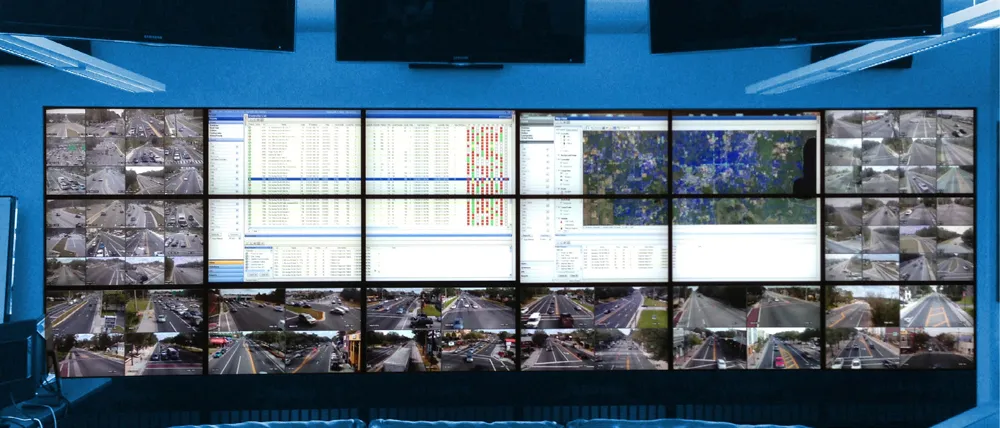
PLATO is designed specifically for North American ring-barrier controllers. It optimises both the length of cycles of intersection traffic signals and the splits within each cycle by using a new optimising algorithm to ‘look ahead’ and predict traffic flows up to one cycle ahead.
It can do this by a variety of means – radar, video or loops. If it detects a likely build-up of traffic on one or more approaches to the intersection it will alter the timing of the traffic signals.
The company says its research indicates that, by closely matching ‘green time’ and actual current demand, delays at the intersection can be cut by about 23%.
“Everyone focuses so much on network control that they tend to overlook individual intersections,” said Heusch Boesefeldt America CEO Thomas Bauer. PLATO is designed to be ‘plug and play’ and does not require any cabinet hardware installation.
Booth: 3023
www.hbamerica.com








